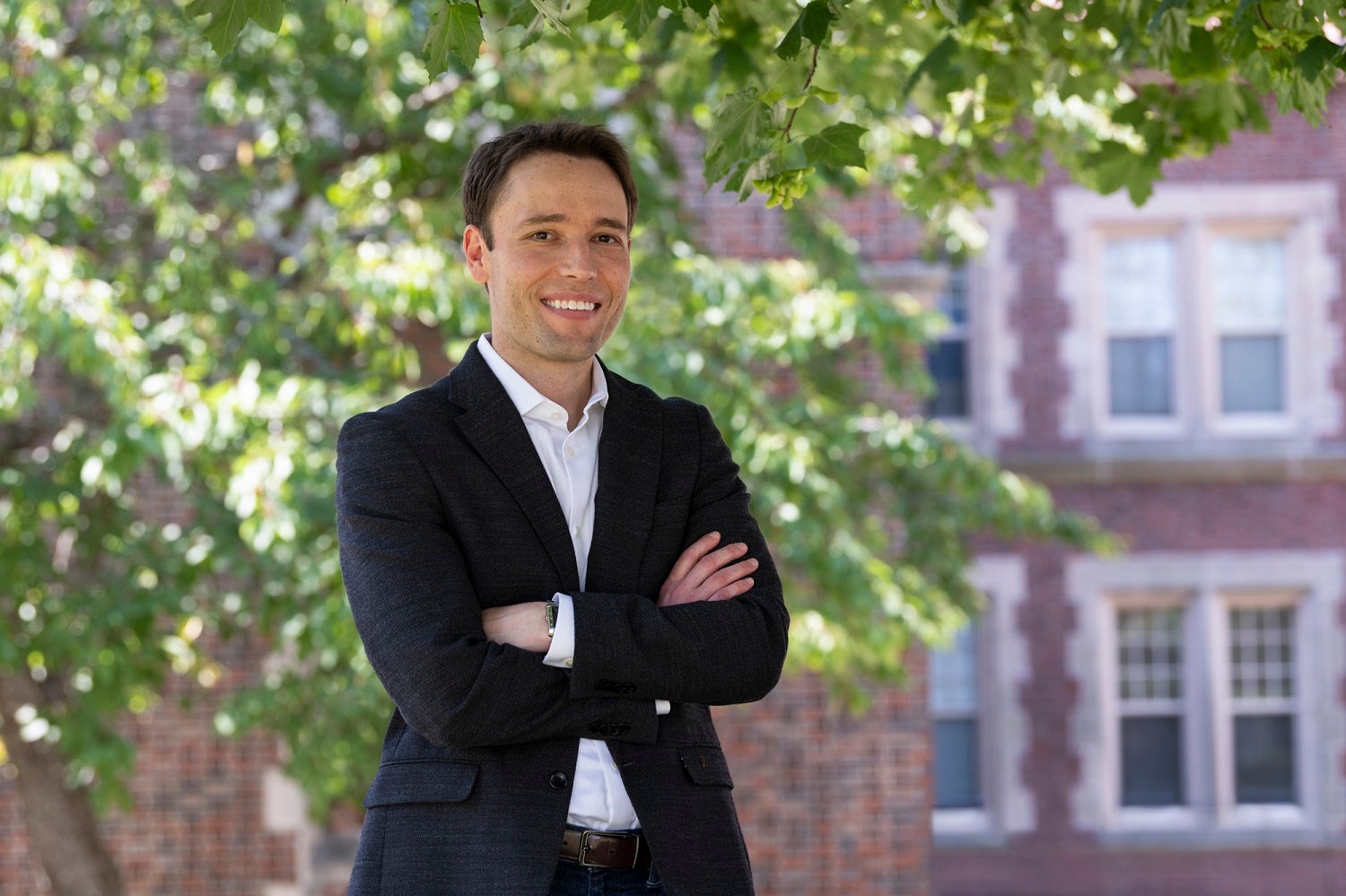Director, Treatment and Etiology of Depression in Youth (TEDY) Laboratory, McLean Hospital

The overarching goal of our research is to improve our understanding of the causes of depression in teens and, in particular, improve our treatments for depressed youth. We use a multimodal approach (EEG, fMRI, ecological momentary assessment, passive smartphone sensor data, and laboratory-based experiments) to investigate the causes of depression in adolescents, as well as the mechanisms of change in psychotherapeutic and smartphone-delivered interventions for depression.
We currently conduct this research in the context of clinical trials of cognitive behavioral therapy, behavioral activation, and smartphone-delivered interventions. Within these studies, we have examined the role of therapist adherence to, and competence in, cognitive-behavioral techniques in predicting symptom improvement. In addition, we have examined the role of patient acquisition and use of various cognitive and behavioral skills, as well as the therapist-patient relationship.
In addition, and relevant to the pursuit of personalized medicine in psychiatry, our lab leverages machine learning to identify pretreatment predictors of symptom improvement in psychotherapeutic and smartphone-delivered interventions for depression. Greater knowledge of variables predicting better or worse treatment response prior to the start of treatment may have important clinical implications regarding which interventions are best suited for whom, thus informing treatment recommendations. To date, we have strikingly little empirical data to usefully guide the selection of interventions for depressed youth.
